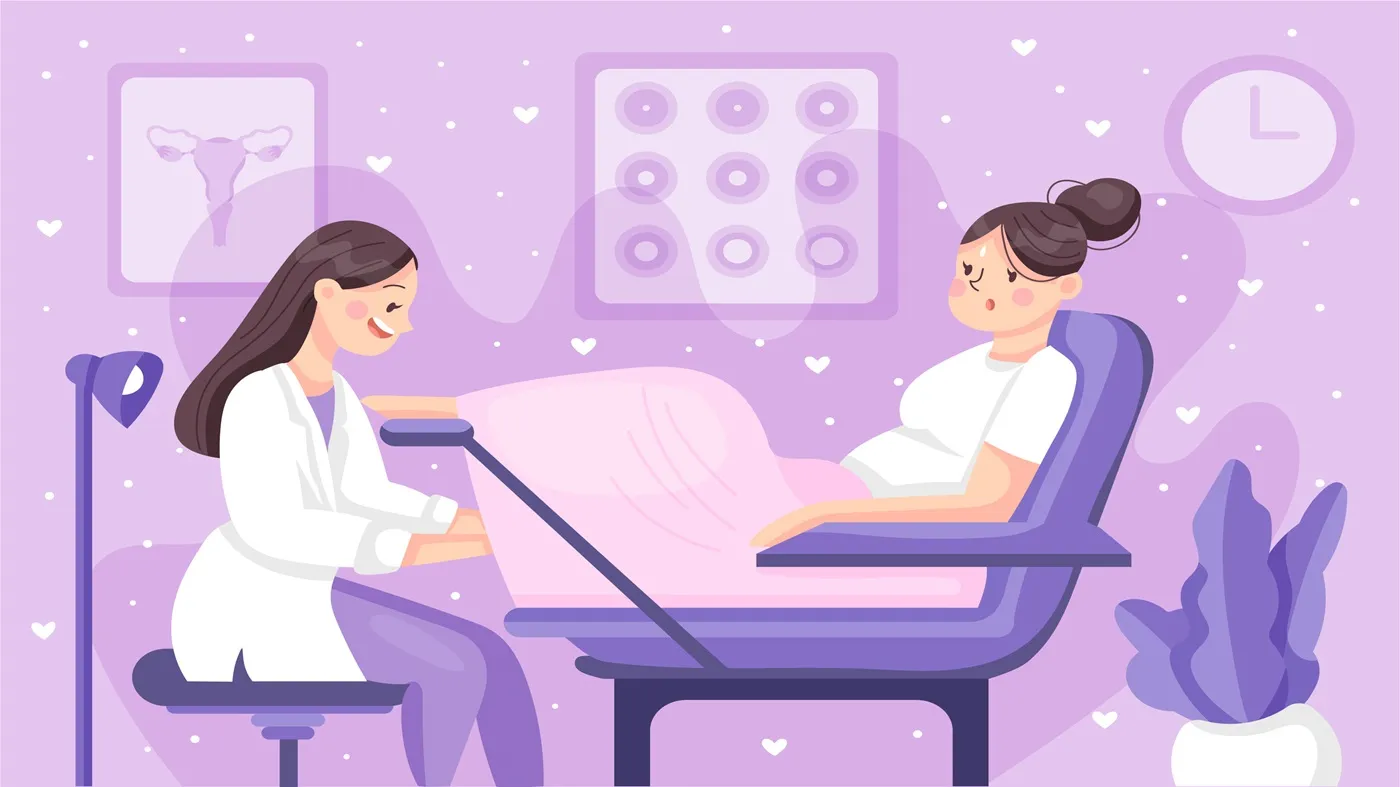
As the trend of starting families at a later age grows, more individuals and couples are turning to fertility preservation as a proactive measure. Of all the various options, egg freezing stands out as a popular choice for women due to the knowledge that the probability of a successful live birth decreases as the age of the female’s eggs increases. For those contemplating this path, understanding the ins and outs of egg freezing can be crucial in making an informed decision.
Fertility preservation is a broad term that encompasses a range of treatments aimed at helping people maintain their reproductive potential for the future. It’s particularly beneficial for those who may face medical treatments or conditions that could impair their fertility, like cancer therapies. Options for fertility preservation include:
- Embryo freezing.
- Ovarian tissue freezing.
- Sperm freezing.
Egg freezing, or oocyte cryopreservation, involves the collection and later freezing of a woman’s eggs. Egg freezing preserves eggs until she decides the time is right for conception. Once the eggs are cryopreserved, they can remain viable for up to a decade.
Individuals choose fertility preservation for various reasons:
– For some, postponing childbearing to pursue their career goals or other personal reasons makes freezing eggs at a younger age an attractive option.
– Others might need to undergo medical treatments like chemotherapy, which could damage their fertility. In these cases, fertility preservation offers a chance to have a biological child post-treatment.
Steps involved in Egg Freezing:
The process of egg freezing, also known as oocyte cryopreservation, involves the extraction, freezing, and storage of a woman’s eggs (oocytes) for future use. The following are the stages involved in egg freezing:
- Initial Consultation: An initial consultation with an Ovum Fertility specialist marks the beginning of this process. During this consultation, the doctor will review her medical history, discuss her reproductive goals, and explain the egg-freezing process, including its benefits, risks, and success rates.
- Ovarian Reserve Testing: A woman must undergo ovarian reserve testing that measures how well her ovaries function and how many eggs she has left before she goes for egg freezing. Such tests include blood tests that measure hormone levels like follicle-stimulating hormone (FSH), luteinizing hormone (LH), and anti-Müllerian hormone (AMH); transvaginal ultrasound is another test done to evaluate the ovaries and count the number of follicles there.
- Ovarian Stimulation: Once a woman qualifies for egg freezing, ovarian stimulation is initiated to produce multiple eggs through injectable medications such as follicle-stimulating hormone (FSH) and sometimes even luteinizing hormone (LH) over 8-14 days.
- Monitoring: The woman would be monitored through blood tests and transvaginal ultrasound to evaluate her response to the drugs and to control follicle growth. For better results, few adjustments are made in drugs’ dosage.
- Trigger Shot: For final egg maturation, a trigger shot of human chorionic gonadotropin (hCG) or GnRH agonist, is administered when the follicles are at their optimal maturity stage.
- Egg Retrieval: 36 hours following the trigger shot, an ovum retrieval procedure is performed. It is a minimally invasive procedure done under sedation or anaesthesia. A fine needle goes through the vaginal wall into the ovary and aspirates fluid from the follicles that have eggs in them. This process takes about 20-30 minutes on average.
- Laboratory Processing: After retrieval, the eggs get transported to the laboratory, where they are evaluated, processed, and prepared for freezing. Mature eggs are identified, isolated, and cryopreserved using vitrification which is a rapid cooling process preventing ice crystal formation in eggs.
- Storage: Frozen eggs are stored in cryogenic tanks filled with liquid nitrogen at a temperature of -196°C (-321°F). They can be stored for an extended period, typically several years, with little damage to their quality.
- Thawing and Fertilization: Once the woman is ready to use her vitrified oocyte, it is then thawed and tested for viability. Vitrified eggs are then fertilized by sperm through intracytoplasmic sperm injection (ICSI) procedure which increases the chances of their being able to be fertilized as well as commencing an embryo development.
- Embryo Transfer: After fertilization the resulting embryos are cultured and monitored for progression. After which one or more embryos are selected to be transferred into the woman’s uterus during embryo transfer, typically performed in a natural menstrual cycle or a controlled cycle with hormone medications.
Egg freezing, through these steps, provides women with an opportunity to preserve their fertility and get pregnant in future particularly when they are faced with aging or medical procedures that may affect their ovary. Women who would love to freeze their eggs need to see an Ovum Fertility specialist and talk about the cases they are in and whether this is the right choice for them.
Cost of Egg Freezing:
The cost associated with egg freezing can be high. The initial procedure can range from Rs. 50,000 to Rs. 1 lakh, with an additional annual fee for maintaining the eggs in a frozen state which costs between Rs. 25,000 to Rs. 30,000.
Risks of Egg Freezing:
However, one should be aware that egg freezing does come with certain risks. Eggs can get damaged during the freezing process or for a woman to develop a false sense of security about her chances of pregnancy. Although contamination of eggs is rare during freezing, it can happen. Surgical complications during egg retrieval, such as damage to blood vessels or internal organs, are also potential risks.
Egg quality and quantity naturally decline with age, especially after the age of 35, increasing the risk of infertility and the chance of having children with genetic disorders or birth defects. By choosing to freeze eggs at a younger age, women have a better opportunity to have a family later. For personalized advice and information on fertility preservation, the expert team at Ovum Fertility Clinics is available to guide individuals through their options and help them make the best choice for their circumstances.